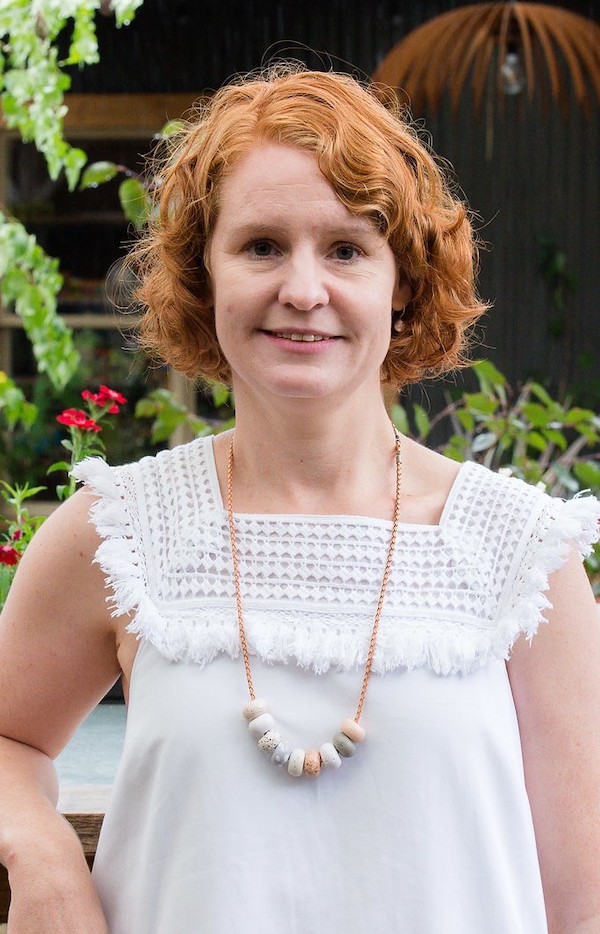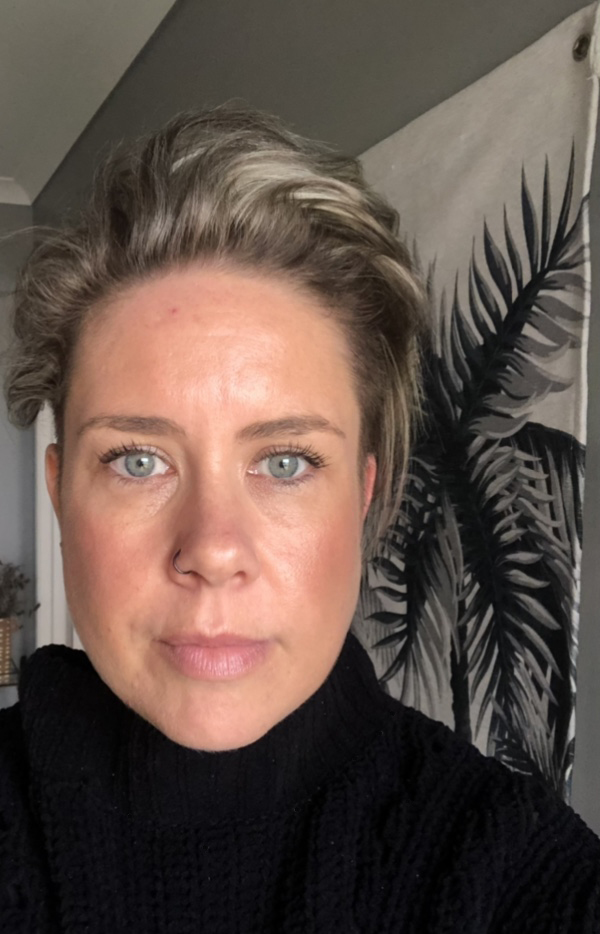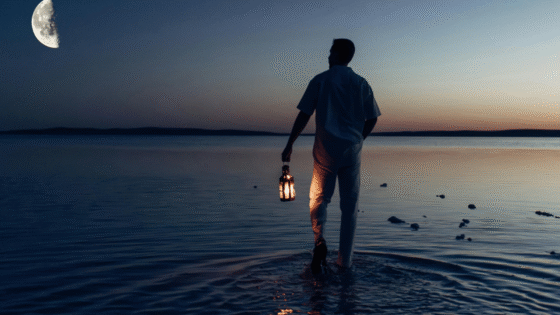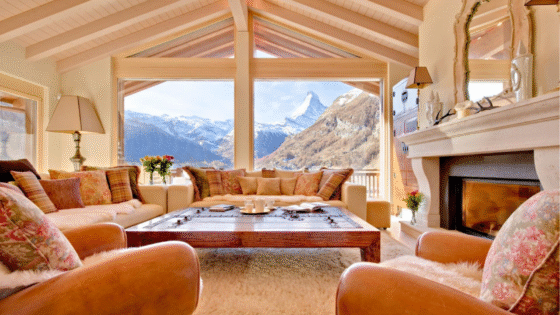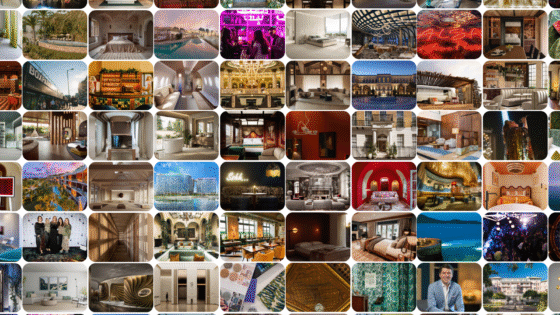On the topic of cutting-edge rug and interior design trends, it’s always intriguing to hear what the experts at Modieus are predicating. This year, the team have grouped their trends under one overarching theme, allusion, which Hotel Designs has broken down into three sub-trends…
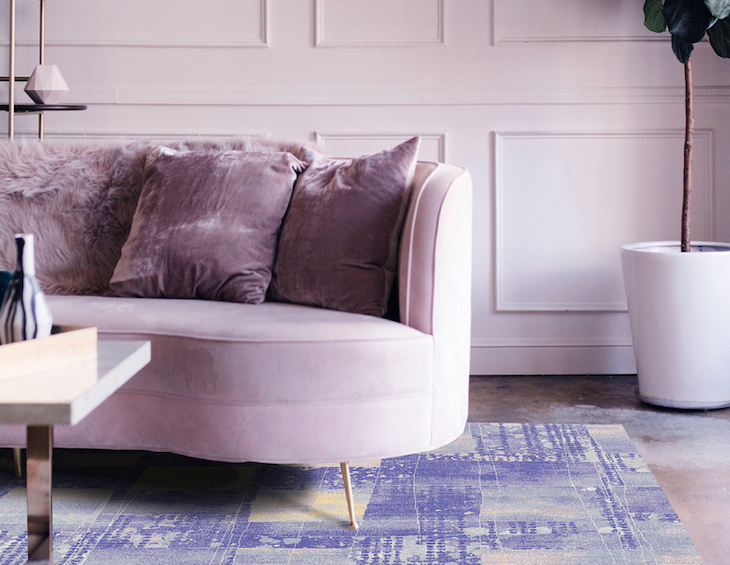
So far this year, the trend forecasts published on Hotel Designs have provided a safety blanket for designers and architects. Whether it has been surface design trends, wider hospitality trends or how wellness and wellbeing is shifting up a gear, the trends that have emerged in recent months are clear indicators that the industry needs to adapt in order to keep ahead of modern traveller demands.
Most recently, though, we have heard from Modieus which never fails to shake up conventional approaches to interior design. The ‘rugtrepeneurs’ there have confidently categorised this year’s predicted trends under one overarching theme, Allusion.
So, how does the concept of Allusion relate to trends, you may ask? Well, as we’ve come to expect from Modieus it’s with a thought provoking twist.
“We have developed a series of design stories to support our three core trends which represent a passage through time,” Xander Okhuizen, Founder of Modieus, tells Hotel Designs. “We took time to consider key influences as we journeyed through this linear timeline. We call this process “stop at an intersection” – we look back, look around, look up, ahead and forward. In that moment, we assimilate particular historical styles and events.”
The design team at Modieus identified three core trends each linked to a point in time, but each trend has two distinct viewpoints. Leah Manwaring and Debra Ryan, the creative brains behind this report were keen to emphasise that you can have different perspectives when following a trend.
- Image caption: Leah Manwaring
- Image caption: Debra Ryan
Boho folk
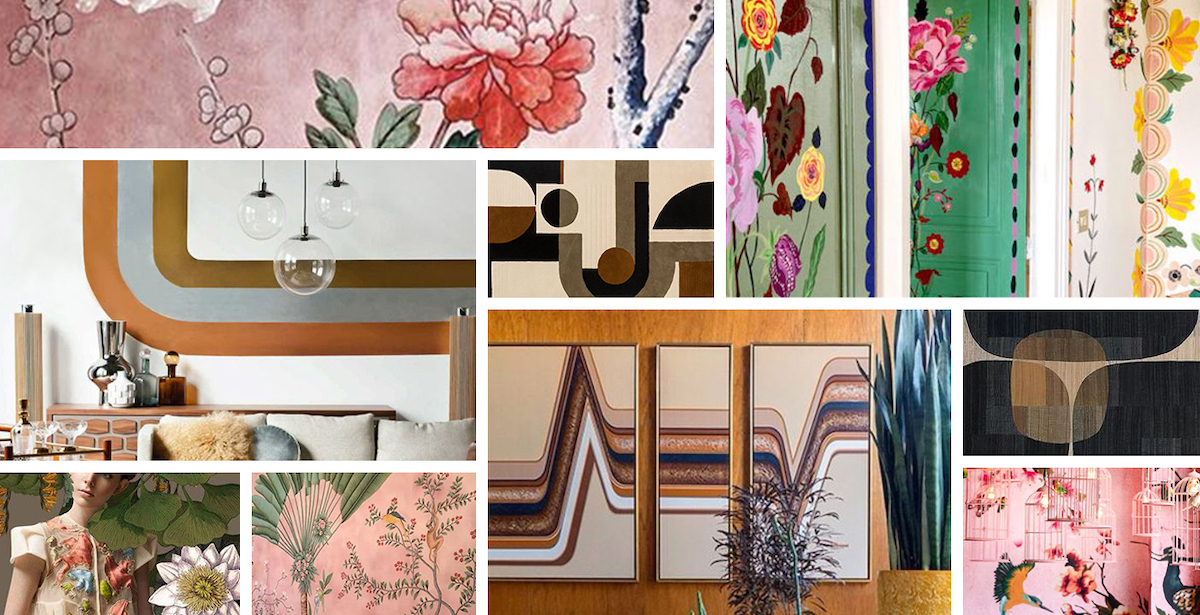
Image caption: 1970s trendboard of colours and tones that surround the ‘boho folk’ trend. | Image credit: Modieus
The Boho Folk trend takes us back in time to the ’70s. Think retro fused with boho. A nostalgic revival style that started in fashion.
“The fabulous fervor of the 70s geometrics, lines and block patterns are modernised and embrace a Japandi construction, Scandinavian rustic and Japanese minimalism. Shapes are round, circular or arched,” says Manwaring. “Furniture is also curvilinear in style. Colours feel grounding like they have literally been drawn from the earth, clay and ochre. Mixed with a light honey, slightly saturated and soft. This is almost neutral.”
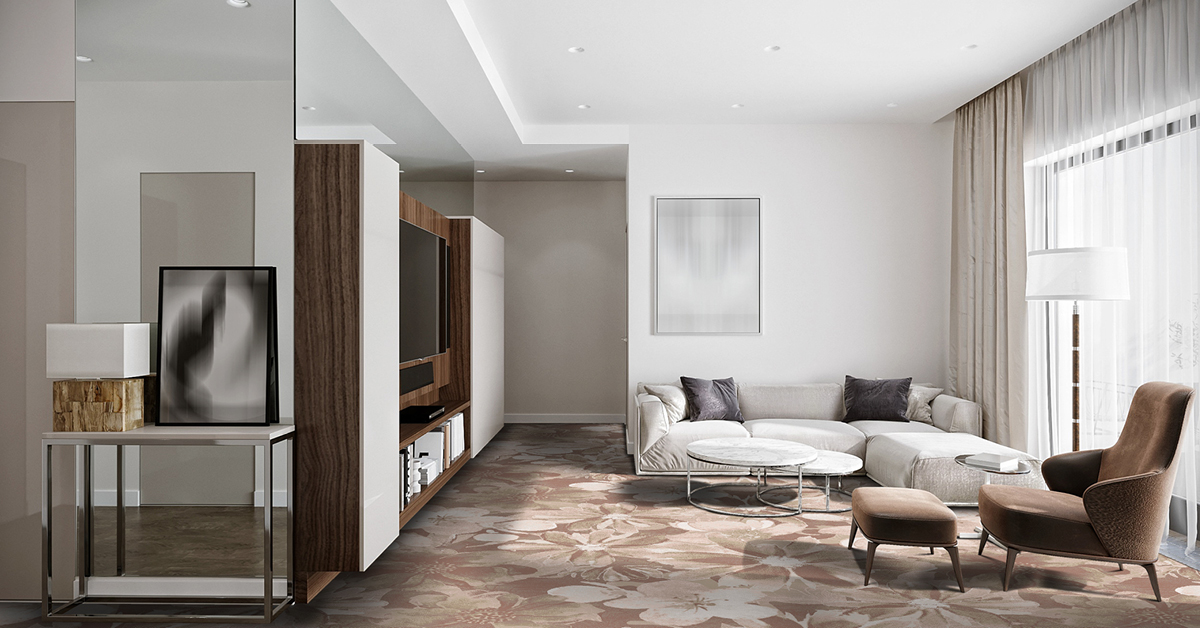
Image caption: Modieus
Ryan adds: “While we pause in the 1970’s, we soak up bohemian vibes to articulate our second story. Whimsical florals, delicate petals awash with texture. Hand painted blooms and stylised flowers have been bleached and sunkissed. Our nude colour story uses soft pinks, porcelain and blush. Our soft pinks have a chalky effect.”
Urban street
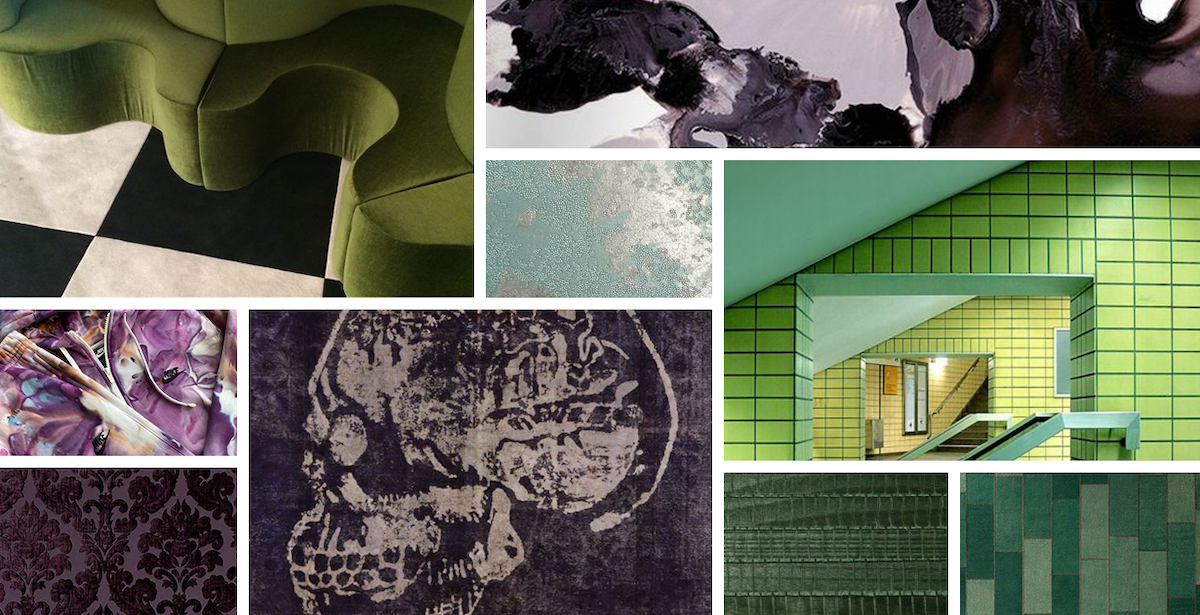
Image caption: A trendboard that reflects the colours and tones that represent ‘urban street’. | Image caption: Modieus
The street art movement that started in the 90’s comes back with a contemporary feel in the Urban Street trend.
“The maximalism of the street art movement is back with a contemporary feel,” Ryan explains. “With pattern-clashing and eroding textural mash-ups. You can add drama to industrial hospitality spaces, incorporating a maximalist feel without a huge commitment to step outside the comfort zone with a rug that has big energy.
“Do you remember the tie dye shirts from the 90’s? Once the preserve of hippies, ravers and Grateful Dead fans, tie-dye has moved into the mainstream the trend gathered steam during the pandemic. Our tie dye inspired designs are darker and moodier, like darker timber colours that are set to make a comeback.”
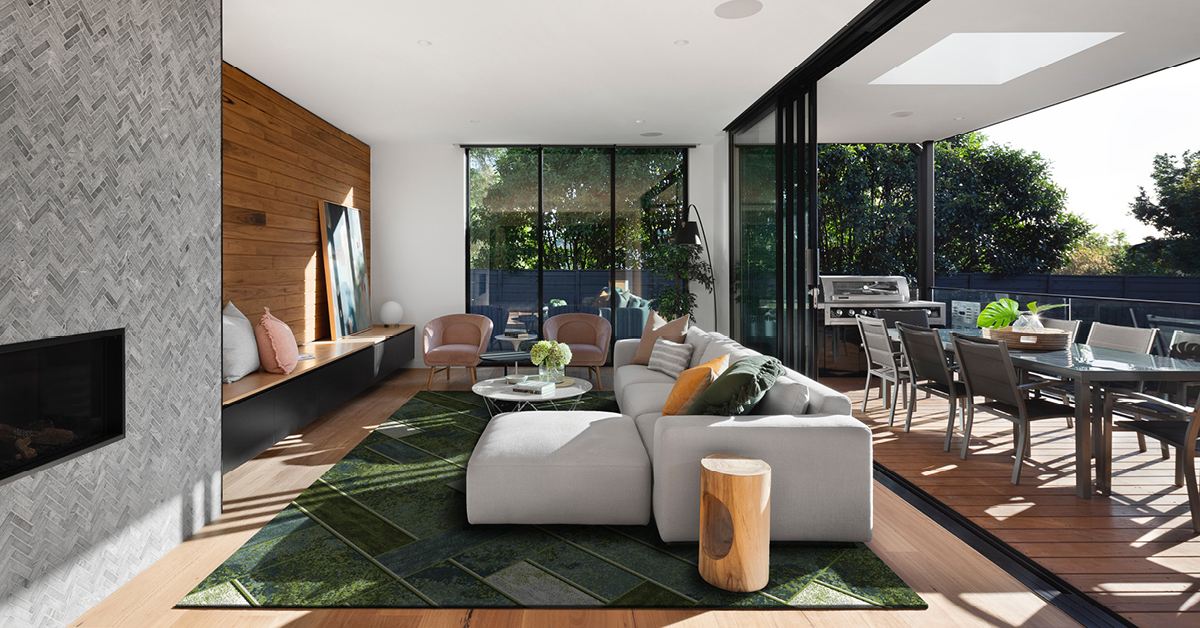
Image caption: Modieus
Manwaring shares the other side of their Urban Steet trend. “Our collective love for lush indoor environments will continue to bloom,” she says. “Our innate connection to nature has seen the incorporation of biophilic elements within interior spaces, while outdoor spaces such as courtyards and balconies have become secondary living and working spaces.
“This has meant an increasing pursuit of natural light, harnessing lighter-toned colour palettes and embracing plants. Using lush leafy greens, hues of the forest and foliage as a way to interact with and nurture our natural environment from the comfort of our own homes.”
Smart future
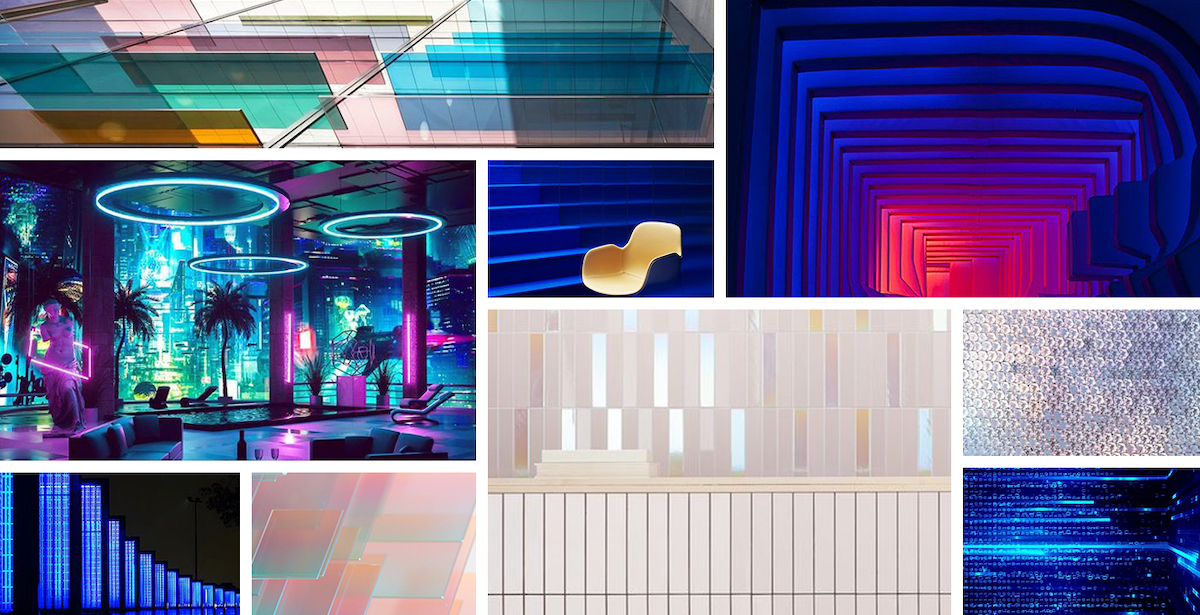
Image caption: A trendboard made up of futuristic colours that represent Smart Future. | Image credit: Modieus
The Smart Future trend caters for our ever-changing needs, recognising that we need to provide equally adaptable interiors.
“The design of the future is multi-functional and in harmony with the end-user, more meaningfully than ever before,” Manwaring explains. “For example, as designers, we could be asked to design a bar space to become a pop up cinema for an indie movie festival. We need to develop solutions for experiences in a way previously unseen.”
“The two colour stories in this trend are ELECTRIC BLUE, reflecting digital, automated and clean patterns and PEARLESCENT, which incorporates disco glam hues and structured patterns.” adds Ryan.
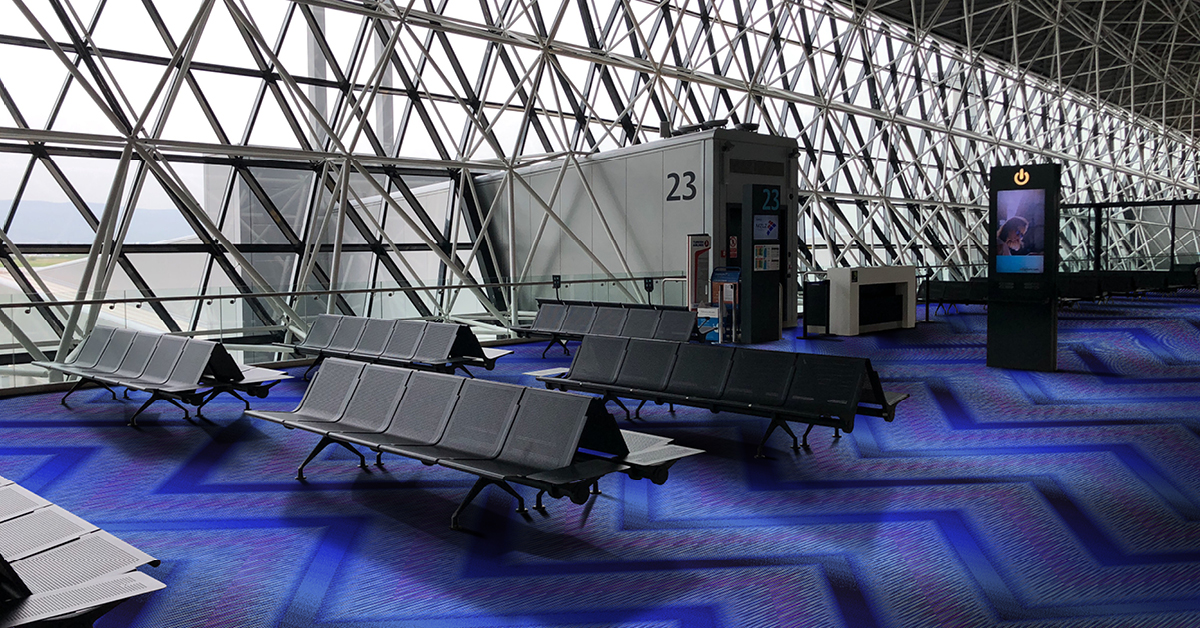
Image credit: Modieus
PANTONE 17-3938 Very Peri is a perfect partner for muted pastel tones. These pearlescent tones appear translucent, layered and take a nod to the sparkle of disco glam.
It’s pretty clear that the Modieus team are driven by colour, with more than 1,400 shades to select from, their clients can be confident in colour matching in any construction type. Whether it is wall to wall carpets, rugs (indoor or outdoor), impervious backed, carpet tiles or even entrance mats, Modieus skill is finding solutions for their clients. And because everything is bespoke, almost anything is possible.
> Since you’re here, why not read our exclusive interview with the founders of Modieus?
Modieus is one of our Recommended Suppliers and regularly features in our Supplier News section of the website. If you are interested in becoming one of our Recommended Suppliers, please email Katy Phillips.
Main image credit: Modieus

